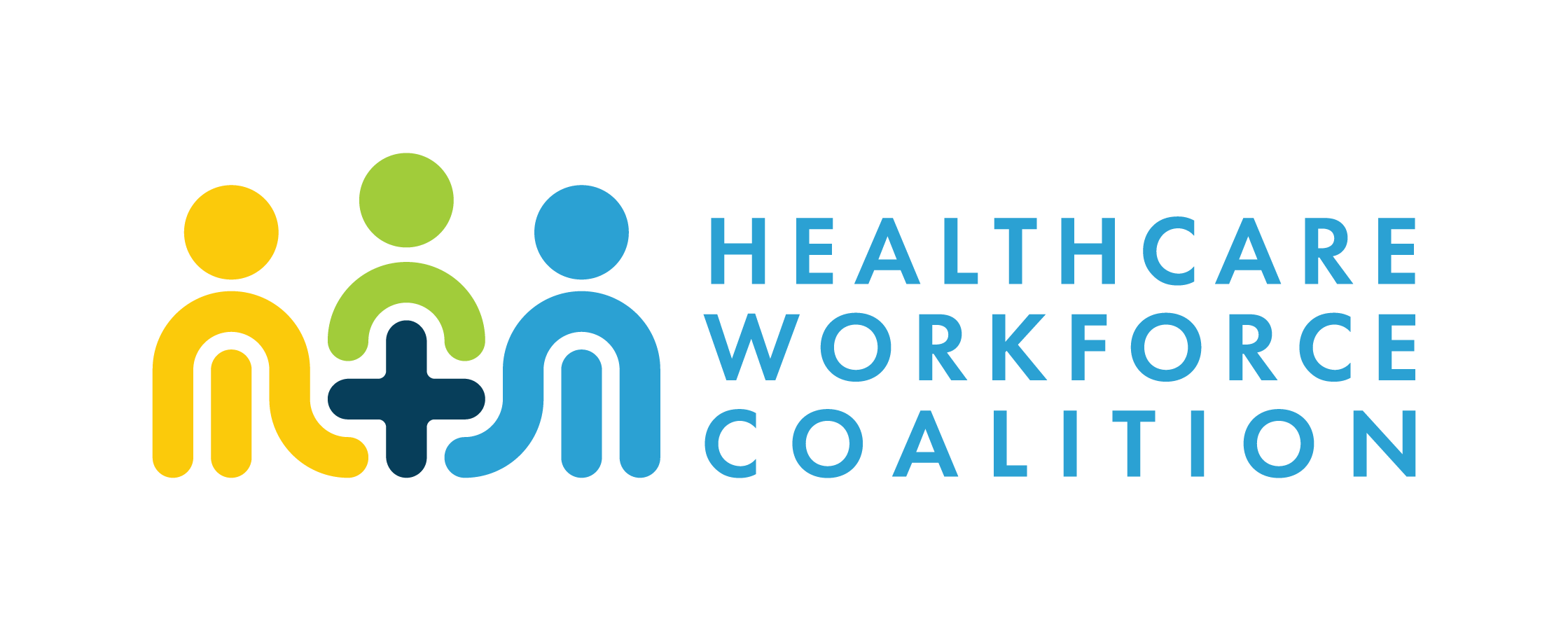A new report from CGFNS International, a nonprofit that helps foreign-educated healthcare professionals work abroad by assessing and validating their academic and professional credentials, found that there is a sustained interest in healthcare mobility. While the number of VisaScreen applications in FY 2024 declined by 4.6% from 2023’s peak, application levels remain nearly double (up 198%) those seen pre-pandemic. This suggests there is a high demand for foreign-educated healthcare professionals, including nurses, to pursue international career pathways.
International nurses play a key role in filling gaps in the healthcare workforce, as the U.S. does not graduate an adequate number of domestic nursing students each year to meet growing demand.
Other key facts from the report include:
- The Philippines remains by far the highest source country with 51% of nurses. Kenya, Nigeria, and Ghana have also shown growth over the past three years.
- 86% of VisaScreen certificates were issued to registered nurses and 12% were issued to clinical laboratory scientists.
- 76% of visas issued were permanent green cards (e.g., EB-3 visa), 12% issued were TN visas, and 11% issued were H1-B visas.
Yet, the U.S. is seeing some changes that have created uncertainty in migration trends expected in 2025. Nurse immigration is trending downward from a post-pandemic surge and longer wait times for employment-based visas earlier in 2024 caused many healthcare facilities to shift their hiring strategies. Additionally, USCIS ended its 2-year practice of approved H-1B applications for some nurses working in specialized roles at magnet hospitals. For healthcare facilities looking to fill critical workforce gaps, these trends may make it harder to employ foreign-educated professionals.To read the full CGFNS International report, CLICK HERE.
